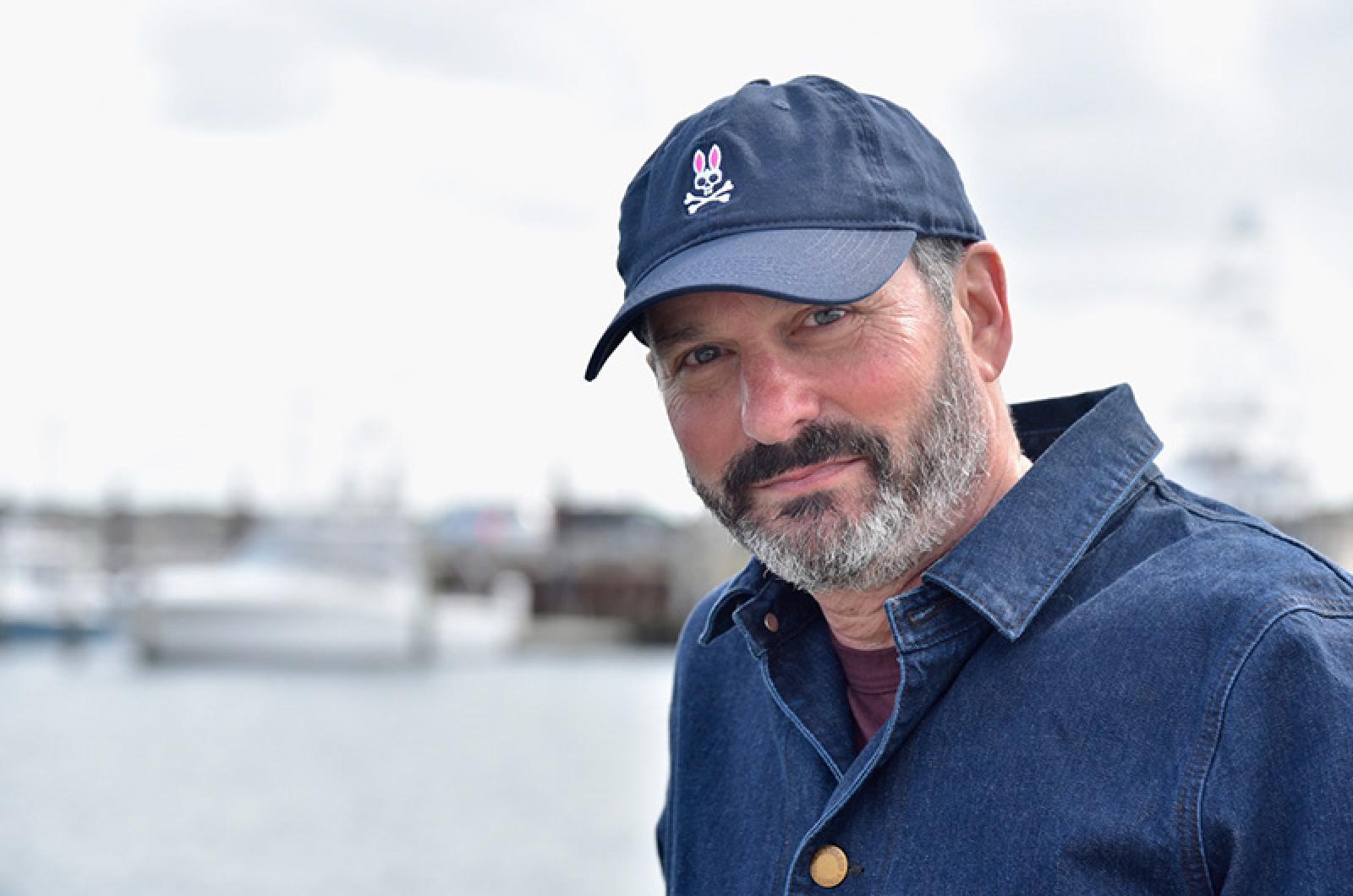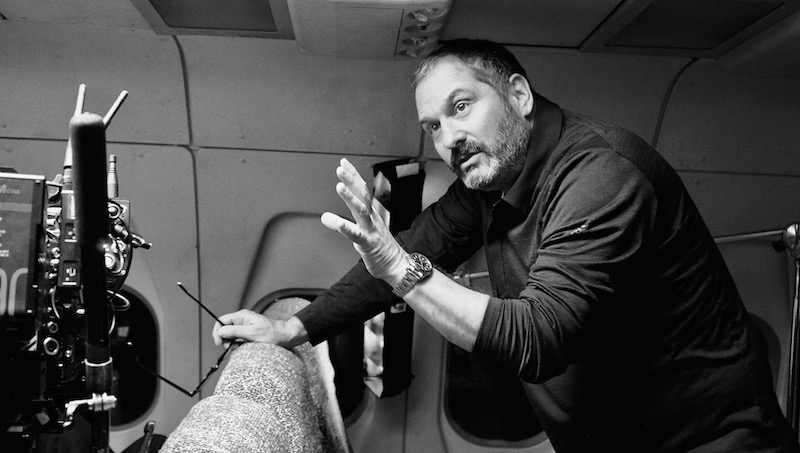The Queen’s Gambit, a seven-part miniseries released Friday on Netflix, is the movie its director always wanted to make but couldn’t — until streaming networks expanded his opportunities for onscreen storytelling.
“I’ve been trying to make it forever. A lot of people have,” said Scott Frank, a longtime seasonal Chilmark resident who began his career as a screenwriter in the late 1980s. A few of his film credits include the screenplays for Get Shorty, Minority Report, Logan and Out of Sight, for which Mr. Frank was nominated for the Academy Award for Best Adapted Screenplay.
Mr. Frank made his directorial debut in 2007 with The Lookout, and also directed the 2014 Liam Neeson thriller A Walk Among the Tombstones. His association with Netflix began with the 2017 Western series Godless, which he wrote and directed, paving the way for his long-sought after adaptation of The Queen’s Gambit.
“I tried to make it into a film... but didn’t get any interest,” Mr. Frank told the Gazette by phone from his home in Connecticut. “But after I made Godless for Netflix, I realized a limited series would be the way to do it. If you do a limited series, you can do what the book is really about, which is the cost of genius.”
Based on the 1983 novel by Walter Tevis, author of The Hustler and The Man Who Fell to Earth, The Queen’s Gambit tells the story of an orphaned girl who becomes a powerful chess master—and an addict due to overmedication at the orphanage.
“She’s her own antagonist,” said Mr. Frank.
Set during the international tensions of the Cold War, the series is filled with period costuming and details and builds toward a climactic match against a Russian opponent.
But The Queen’s Gambit is not just for chess fans, Mr. Frank said, although each episode includes a suspenseful match.
“We worked really hard to make them exciting and different from each other,” he said of the chess games in the series. “Each has its own character.”
In fact, while the show was originally written in six episodes, Mr. Frank added a seventh in order to balance the number of chess games with the rest of the narrative.
“Sometimes there were too many matches in one episode,” he said.
Shot in Canada and Berlin, the production was wrapping up when Covid-19 began to spread.
“I was in post-production when the pandemic hit,” Mr. Frank said.
That meant working remotely to finish the show. “The editor was in Chelsea, the sound designer was in California, the composer was in Florida — everybody was home.”
But with internet technology, Mr. Frank said, the transition was relatively seamless.
“We have technology where I can share the editor’s screen,” he explained. “I can see what she’s doing (and) we can talk ... The only difference is we’re not in the same room.”
Mr. Frank’s daily chess games with the show’s cinematographer, Steven Meizler, have also gone online.
“We started playing on the set,” Mr. Frank said.
Mr. Frank does much of his writing work on the Island, he said.
“I wrote The Queen’s Gambit on Martha’s Vineyard; I wrote Logan on Martha’s Vineyard; I wrote Godless on Martha’s Vineyard. I do my best writing there. I have a little office off the bedroom. I get a ton of work done there. I don’t like to do a lot of socializing if I can help it. I just love to get up and work there. It’s always been very inspiring for me, for 30-some years.”






Comments (9)
Comments
Comment policy »